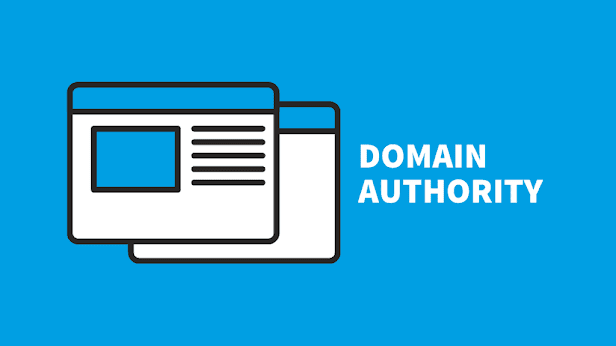Domain authority is a term that is frequently mentioned in the world of search engine optimization (SEO). It is a metric that measures the authority and credibility of a website, and it plays a critical role in determining a website’s search engine rankings. In this article, we will explore what domain authority is and how it affects a website’s SEO efforts.
What is Domain Authority?
Domain authority is a metric that was created by Moz, a leading SEO software company. It is a score that ranges from 1 to 100 and is designed to predict how well a website will rank on search engine results pages (SERPs). The higher the domain authority score, the more likely the website is to rank well in search results.
Domain authority is calculated using a complex algorithm that takes into account a wide range of factors, including the number and quality of backlinks to a website, the age of the domain, and the website’s content and structure. The algorithm is constantly updated to reflect changes in search engine algorithms and user behavior.
What Does Domain Authority Affect on Website?
Domain authority can have a significant impact on a website’s SEO efforts in several ways:
Search Engine Rankings
Domain authority is one of the key factors that search engines use to determine the ranking of a website in search results. Websites with a high domain authority score are more likely to rank well for their target keywords than those with a low score.
Credibility and Trustworthiness
A high domain authority score can increase a website’s credibility and trustworthiness in the eyes of both search engines and users. This can lead to higher levels of engagement, more traffic, and ultimately, better conversion rates.
Backlink Quality
Domain authority is closely linked to the quality of a website’s backlinks. Websites with a high domain authority score tend to have more high-quality, relevant backlinks, which can further boost their SEO efforts.
Brand Visibility
A high domain authority score can increase a website’s brand visibility, making it more likely that users will remember and return to the website in the future. This can lead to increased brand awareness, loyalty, and advocacy.
How to Improve Domain Authority
Improving domain authority requires a long-term, strategic approach to SEO. Some key strategies to improve domain authority include:
Building High-Quality Backlinks
Building high-quality backlinks is one of the most effective ways to improve domain authority. This can be achieved through tactics such as guest posting, broken link building, and creating valuable content that attracts links naturally.
Creating High-Quality Content
Creating high-quality, valuable content is essential for attracting backlinks, increasing user engagement, and improving domain authority. This content should be relevant, informative, and well-written, and should target keywords that are relevant to the website’s target audience.
Optimizing On-Page Elements
Optimizing on-page elements, such as title tags, meta descriptions, and header tags, can help search engines understand the content and structure of a website, leading to improved rankings and higher domain authority.
Conclusion
Domain authority is a critical metric that can have a significant impact on a website’s SEO efforts. By focusing on building high-quality backlinks, creating valuable content, and optimizing on-page elements, website owners can improve their domain authority, increase their search engine rankings, and attract more traffic to their website.
ALL SLOUTION IN ONE PLACE








